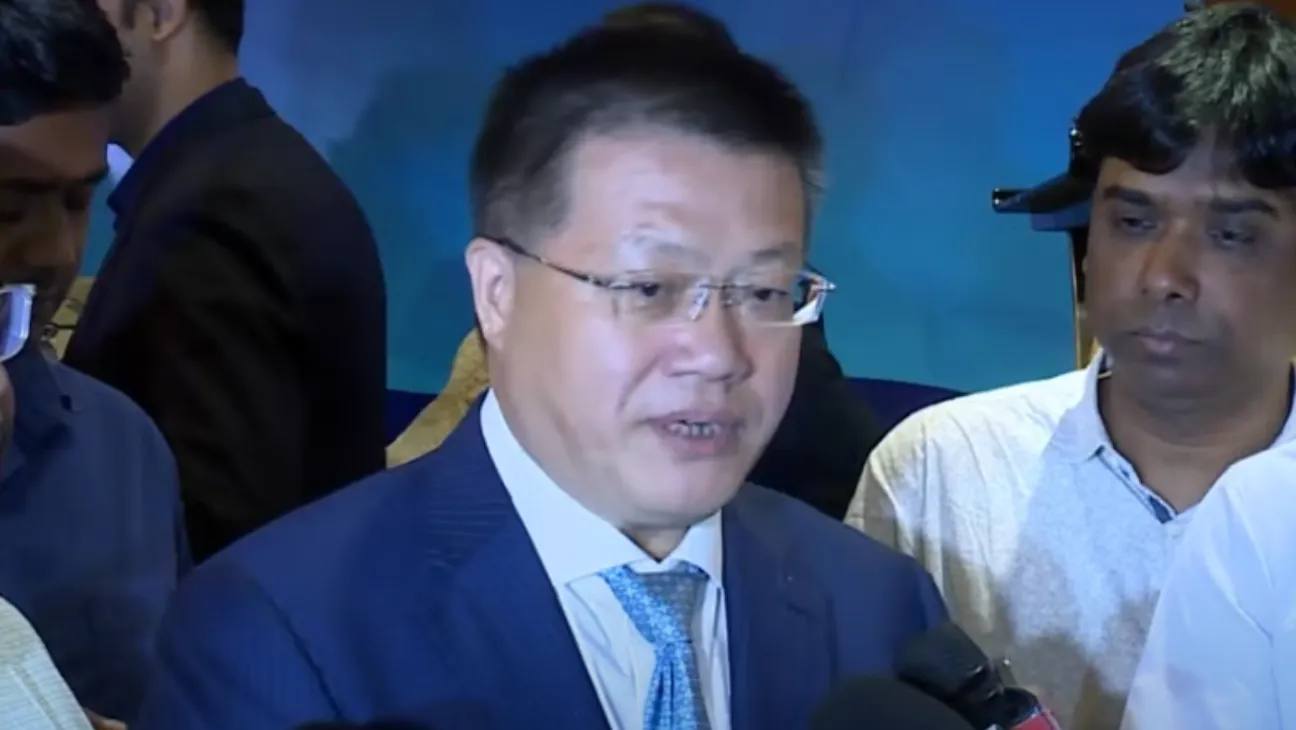China’s ambassador to Bangladesh, Yao Wen, said Wednesday that Bangladesh is well-positioned to manage the challenges posed by recent U.S. tariff hikes on foreign imports. Speaking at a seminar in Dhaka, the envoy emphasized China’s continued support for Bangladesh from a “policy standpoint” and highlighted growing bilateral investment.
Bangladesh Emerges as Key Chinese Investment Destination
According to the ambassador, Bangladesh has become China’s largest source of direct investment in recent months. Since August, 30 Chinese companies have signed new investment agreements in the country.
The comments were made during the “China-Bangladesh Industrial and Supply Chain” seminar, which brought together government officials, investors, and trade representatives.
Chowdhury Ashiq Mahmood, Executive Chairman of the Bangladesh Investment Development Authority (BIDA), attended as the chief guest. He confirmed the government is planning to expand Chinese economic zones and is exploring potential sites for a “China Town” in Bangladesh.
“We’re evaluating options in Mongla and Chandpur for establishing more Chinese industrial zones,” Mahmood said. “We’re also working on making trade procedures easier for investors.”
Support Amid Tariff Concerns
Yao Wen spoke plainly to reporters after the seminar. He was direct about the damage being caused by U.S. trade policies. He said the tariffs are hurting China just as they are hurting Bangladesh, and that both countries are now taking action.
“We agree with the safeguard measures Bangladesh has taken,” he said. “China is also following its own approach. I believe Bangladesh has the capability to overcome these challenges.”
New Economic Platform with Pakistan and Bangladesh
The ambassador also confirmed that China is developing a trilateral platform with Pakistan and Bangladesh focused on economic security and cooperation.
“This is about protecting our shared interests,” Yao said. “There is no reason for any third country to be concerned.”
The platform is expected to coordinate efforts on trade, supply chains, and regional stability.
Brief Note on Political Meeting
Asked about his meeting with Bangladesh’s Jamaat-e-Islami, Yao kept it brief. He simply called it a courtesy visit.
This lines up with how China is changing its game in South Asia, where the new focus is all about business deals and working with entire regions, not just single political groups.









